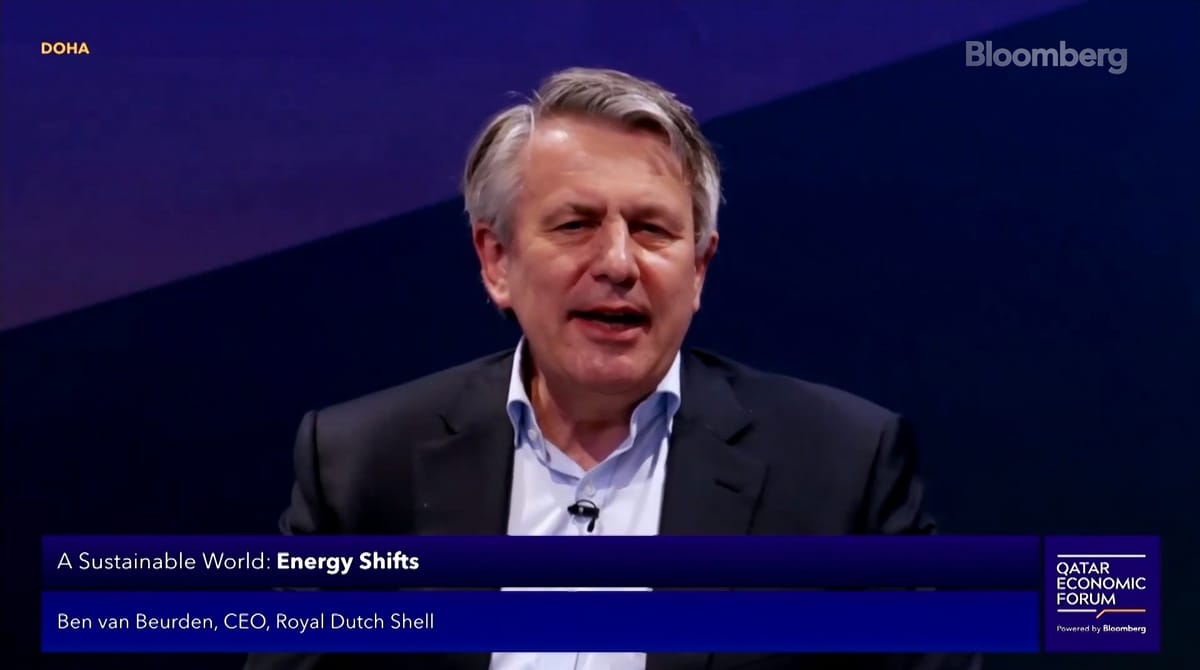Shell’s short-term thinking
Big Oil is winning the market battle, but losing the climate war


Member discussion: Shell’s short-term thinking
Read what members are saying. Subscribe to join the conversation.
Big Oil is winning the market battle, but losing the climate war


Read what members are saying. Subscribe to join the conversation.

CHART DECK: Moribund European gas market resurrects narrow Asian LNG premium

🎧 VIDEO POD: Empty threats and new dependencies in a fragmented energy world

REVEALED: How hedge funds secretly split Europe’s TTF gas market in two

CHART DECK: The TTF curve is failing to price in both near-term bullish risks and more distant bearish realities